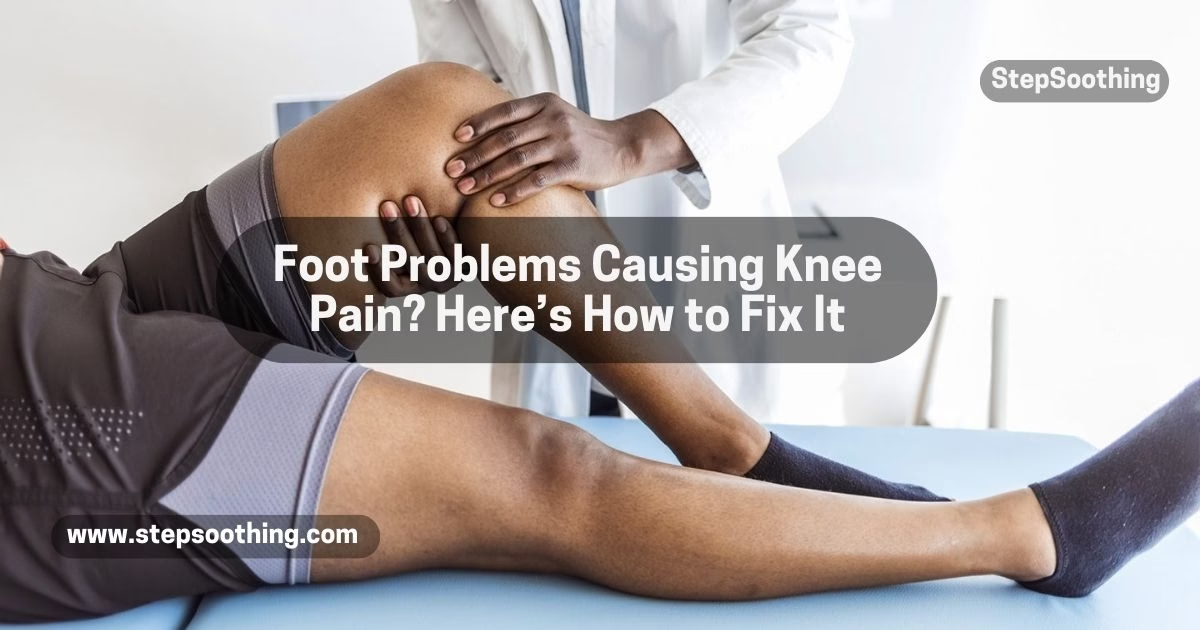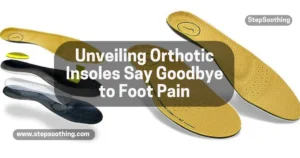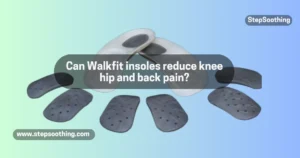Your feet are the foundation of your body. They help you stand, walk, run, and keep your posture balanced. If your foot health isn’t good, it can cause problems in other parts of your body, especially your knees. Understanding how your feet and knees are connected can help you prevent pain and improve your overall health. The way your feet are built (foot structure) and how they move (movement patterns) affect your knees. Issues like flat feet or high arches can change how you walk, leading to extra stress on your knees and even injuries. Let’s explore this connection and learn how to protect both your feet and knees.
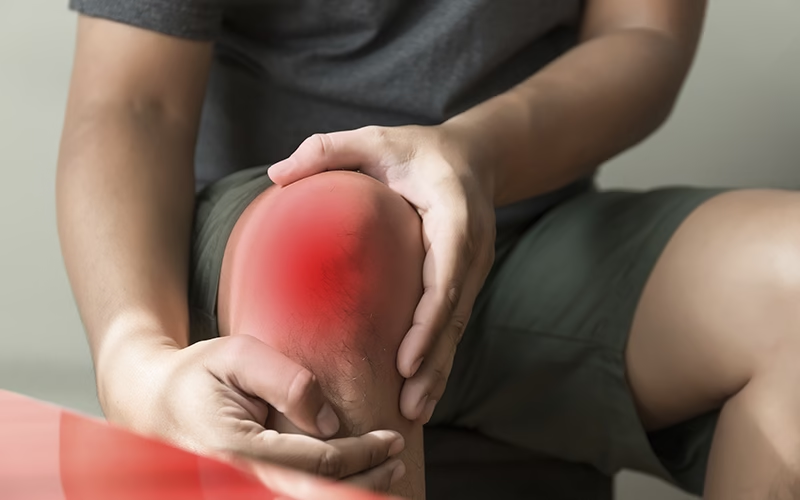
The Connection Between Foot Health and Knee Pain
Biomechanics: The Foundation of Movement
The way your feet and knees work together is based on biomechanics—how your body moves and handles forces like walking, running, or jumping. Healthy feet absorb shock and keep your body stable, but when there’s a problem with how your feet work, it can throw off your knees’ alignment and cause pain.
Foot Structure and Alignment
If you have flat feet or overpronation (when your feet roll inward), it changes how your knees are positioned. This puts extra stress on the ligaments and cartilage in your knees. On the other hand, high arches don’t absorb shock properly, forcing your knees to handle more impact. These issues can lead to long-term knee pain and injuries.
Problems like bunions, hammertoes, or plantar fasciitis also change how you walk, leading to unnatural movements that strain your knees, hips, and even your back.
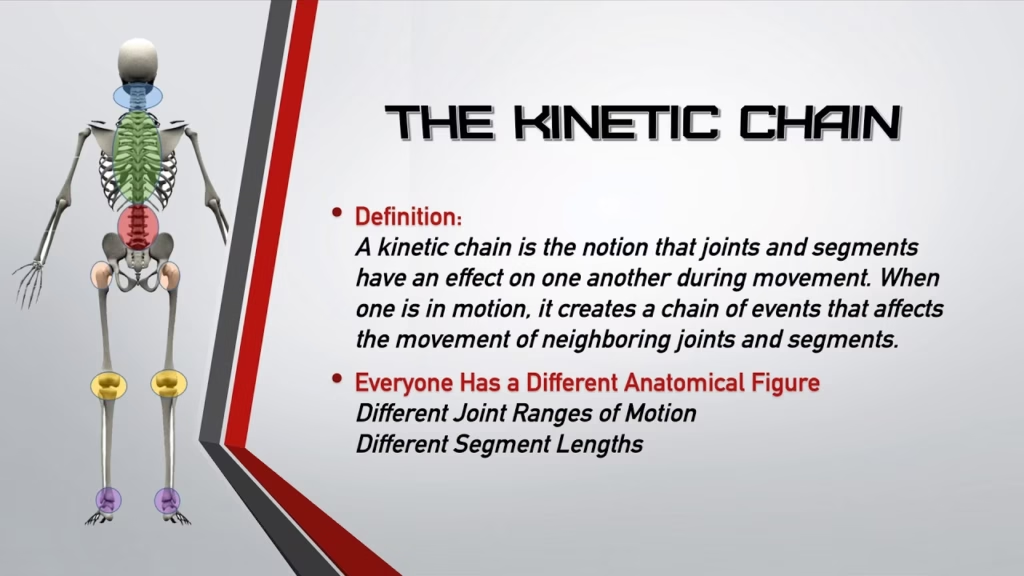
The Kinetic Chain: How Forces Travel Through the Body
Your body works as a connected system, often called the kinetic chain. If something is wrong with your feet, it affects everything above them, including your knees, hips, and spine. This ripple effect can create muscle imbalances and disrupt your body’s overall stability.
Compensatory Movements and Stability
When your feet don’t work properly, other joints, like your knees, have to make up for it. This can cause muscle imbalances and increase your risk of injuries. For example, people with plantar fasciitis often change the way they walk to avoid heel pain, but this puts extra pressure on their knees.
Tight Achilles tendons or calf muscles can also throw off your gait and affect how your knees move. Fixing these issues can help balance your body and prevent knee pain.
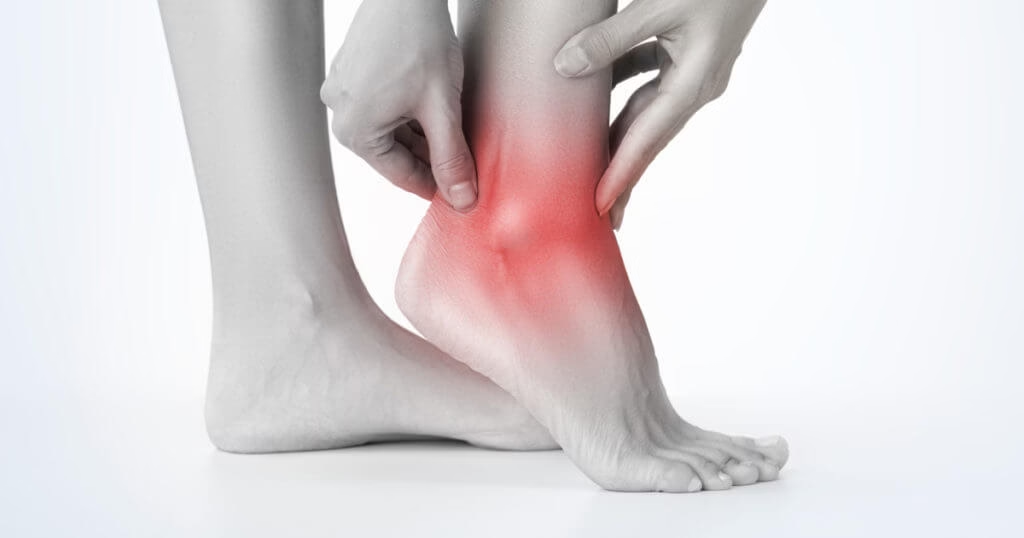
Common Foot-Related Causes of Knee Pain
Certain foot problems directly lead to knee pain because they affect how your body moves and absorbs forces.
Overpronation and Flat Feet
When your feet roll inward due to overpronation or flat feet, it puts extra strain on the inner part of your knees. Over time, this misalignment can damage the ligaments and cartilage, causing long-term discomfort.
Plantar Fasciitis and Structural Abnormalities
Foot issues like plantar fasciitis, bunions, and hammertoes can change your natural walking style. These changes force your knees to work harder, increasing the risk of strain and injury.
Common Causes Of Knee Pain
Weight Gain: Extra Pressure, Extra Pain
Carrying extra weight means your feet and joints have to work harder. This added pressure can lead to knee pain, sore feet, and discomfort in your hips and lower back. Over time, it may even change how you walk, causing further strain on your body.
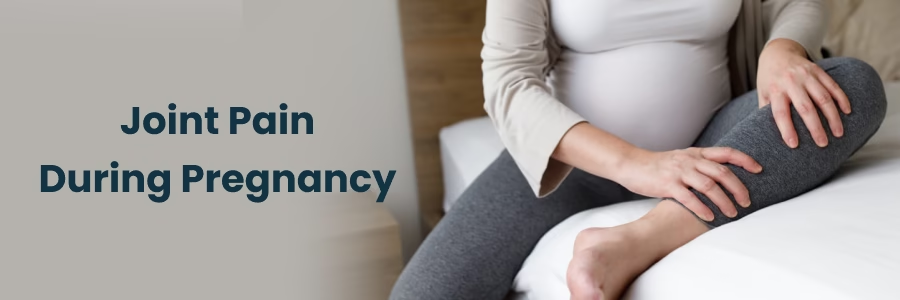
Hormonal Changes: Loosened Ligaments, Increased Discomfort
During pregnancy, hormonal shifts loosen the ligaments in your body to prepare for childbirth. While this is natural, it can also make your joints less stable, increasing the risk of pain and discomfort, especially in your knees, feet, and ankles.
Swelling: More Than Just Puffy Feet
Swelling, or edema, is common in pregnancy due to increased fluid retention. This can cause tightness, discomfort, and even pain in your feet and lower legs, making everyday activities feel more challenging.
Changes in Posture: A New Way of Walking
As your belly grows, your center of gravity shifts, which can affect your posture and the way you walk. This change puts extra strain on your knees, hips, and lower back, often leading to pain and fatigue.
Foot Arch Changes: The Hidden Impact
Pregnancy can flatten the arches of your feet due to increased weight and hormonal changes. This can lead to overpronation (rolling inward of the feet), causing discomfort in your knees, ankles, and even lower back.
Pregnancy (More Than Just Foot Pain)
Pregnancy is a beautiful journey, but it can also bring unexpected aches and pains—not just in your feet, but all over your body. Many moms-to-be experience discomfort in their knees, lower back, hips, and ankles as their body adapts to extra weight and shifting posture.
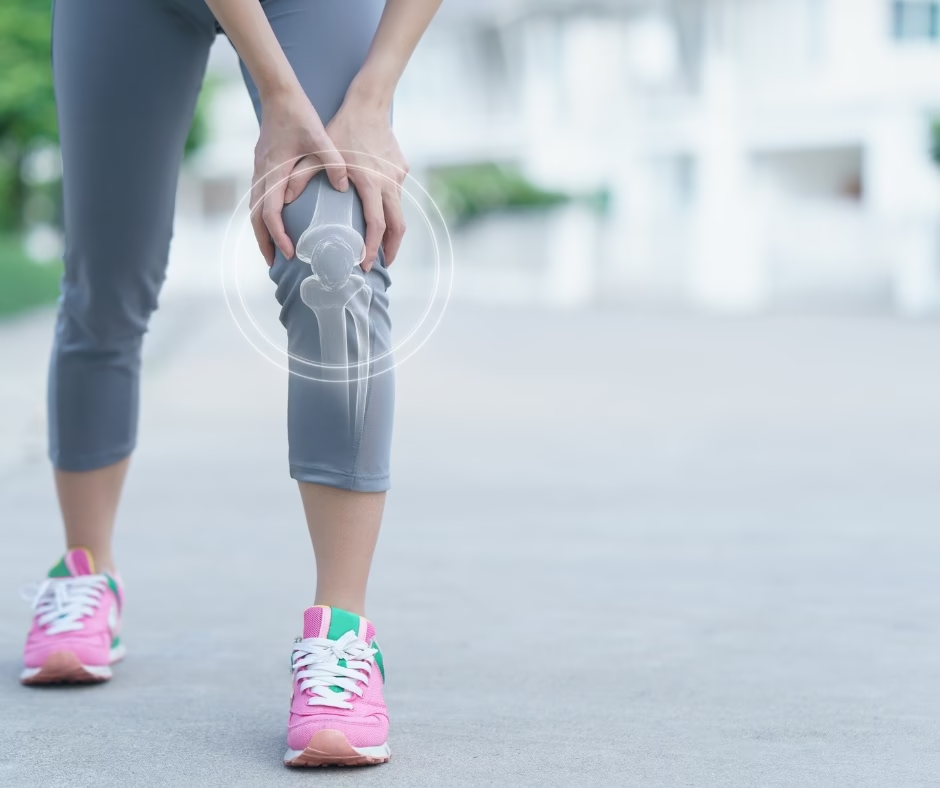
How the Feet Affect the Knees: Key Mechanisms
Your feet and knees interact in specific ways that can either protect or harm your joints.
Foot Alignment and Knee Position
The way your feet are aligned affects your knee position. Misaligned feet, like flat arches, cause your knees to tilt inward, which increases stress on the knee joint. This can lead to pain and joint degeneration over time.
Shock Absorption and Gait Mechanics
Healthy feet act like shock absorbers for your knees. If this function is lost, your knees have to handle more impact, which can cause wear and tear on the joint.
Assessment and Diagnosis
To treat knee pain caused by foot problems, a proper assessment is essential. A podiatrist or physical therapist can identify the root cause and recommend solutions.
Importance of Diagnosis
A thorough exam might include checking your gait, imaging tests, or looking at issues like overpronation or Achilles tendinitis. Identifying these problems early helps prevent long-term damage.
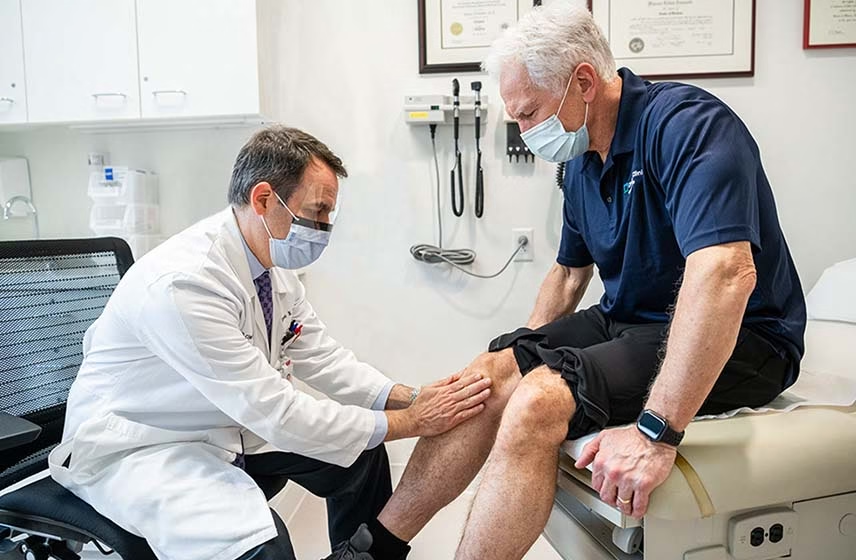
Treatment Options
Orthotics and Footwear
Custom orthotics and supportive shoes can fix biomechanical imbalances and reduce stress on your knees. These insoles provide better alignment and improve your walking pattern. Shoes with proper cushioning and arch support are also key.
Physical Therapy and Exercises
Physical therapy focuses on exercises to strengthen your foot and leg muscles, like the intrinsic muscles, hamstrings, and quadriceps. Stretching tight muscles, like your calves, can also help relieve pressure on your knees.
Preventing Foot and Knee Pain
Tips for Maintenance
Keeping a healthy weight reduces the strain on your feet and knees. Regular checkups with a foot doctor can catch problems early. Doing exercises to improve balance and flexibility will also help protect your joints.
Real-Life Impact: Improving Quality of Life
Taking care of your feet can ease knee pain and prevent injuries. Whether it’s wearing the right shoes, using orthotics, or doing strengthening exercises, these small steps can make a big difference in how you feel and move every day.
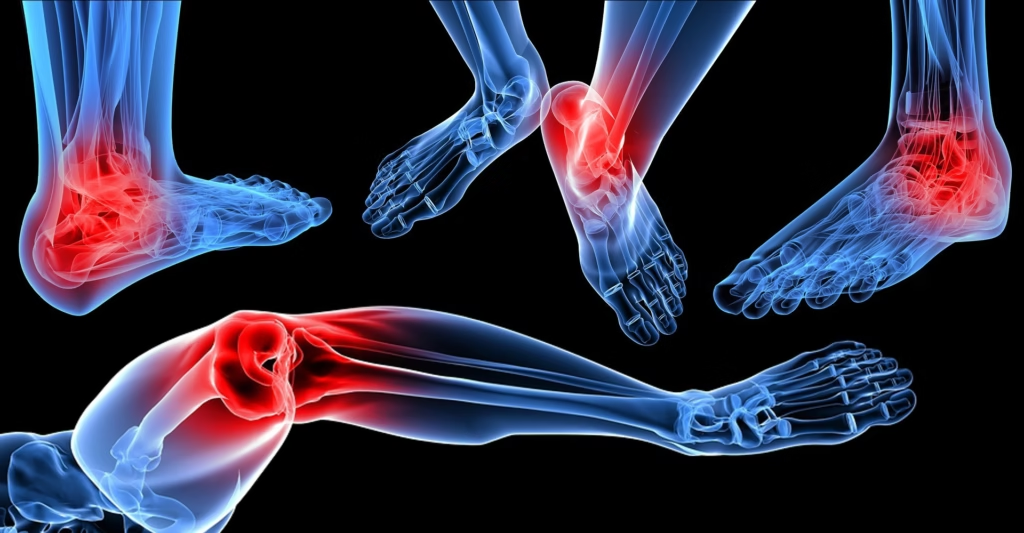
How Foot Problems Can Lead to Pain in the Back, Hips, and Knees
Your feet are the foundation of your body’s movement, and when something goes wrong with them, the effects can travel up the chain—causing pain in your knees, hips, and even your back. If your feet are misaligned, injured, or have structural abnormalities, they can alter the way you walk, putting extra stress on your joints and muscles.
Here are some common foot problems that can contribute to pain in other areas of your body:
Overpronation: The Hidden Cause of Joint Pain
When your foot rolls too far inward with each step, it causes the arch to collapse and the ankle to twist. This excessive inward motion can throw off the alignment and stability of your knees and hips, increasing the risk of injuries like plantar fasciitis, shin splints, and Achilles tendinitis.
Flat Feet: A Lack of Support That Affects Your Whole Body
If you have low or absent arches, your feet lose their natural shock absorption, making every step harder on your joints. Flat feet often lead to overpronation, poor posture, and spinal misalignment, which can cause back pain and stiffness over time.
Bunions: A Painful Disruption to Balance and Movement
A bunion forms when the big toe joint shifts outward, creating a painful bony bump on the side of your foot. This misalignment affects how your foot moves, leading to overpronation and instability in the knee and hip joints. The result? Discomfort that extends far beyond your feet.
Hammertoes: More Than Just a Toe Problem
When the toes curl unnaturally at the middle joint, they create a claw-like shape that leads to pain, pressure, and friction—especially in tight shoes. But hammertoes can also throw off your balance and stability, affecting the alignment of your ankles, knees, and hips.
Your feet do more than just carry you—they influence your entire body’s alignment and movement. If you’re experiencing knee, hip, or back pain, it might be time to take a closer look at your foot health. Supportive footwear, orthotics, and proper foot care can make all the difference in preventing pain and improving mobility.
Conclusion
Your feet and knees are deeply connected, and caring for your foot health is essential for keeping your whole body in balance. By addressing any problems early and staying proactive with treatment, you can enjoy a pain-free and active lifestyle.
People Also Ask
How can problems with my feet lead to knee pain?
When your feet are misaligned, like with flat feet or overpronation, your knees have to adjust unnaturally to support your body. This extra effort can strain the knee joints, leading to pain and discomfort.
Can wearing the wrong shoes hurt my knees?
Yes! Shoes that don’t offer support or proper cushioning can mess with how your body moves, putting more pressure on your knees. Choosing well-fitting footwear with good arch support and shock absorption helps protect your knees from extra stress.
What are orthotics, and how do they help with knee pain?
Orthotics are custom-made insoles that fit in your shoes. They correct foot alignment, reduce stress on your knees, and fix biomechanical imbalances. Orthotics are great if you have issues like flat feet or high arches.
What are some good exercises to protect my feet and knees?
Exercises like stretching your Achilles tendon, strengthening your calves and hamstrings, and working on balance can help. These moves improve stability and prevent strain on your knees by keeping your feet aligned and strong.
When should I see a doctor about knee pain related to my feet?
If knee pain doesn’t go away or keeps getting worse, visit a podiatrist or physical therapist. They can check for problems like overpronation or plantar fasciitis, and they’ll help with a treatment plan to fix the root cause.
Are u queries about your feet health learn more by visiting Step Soothing u will get brief information regarding shoes insole like Discover life changing Arch Support for Flat Feet, Enhancing Comfort and Shock Absorption, Improving Foot and Ankle Alignment, Felieving Foot Pain and Discomfort and much more.
